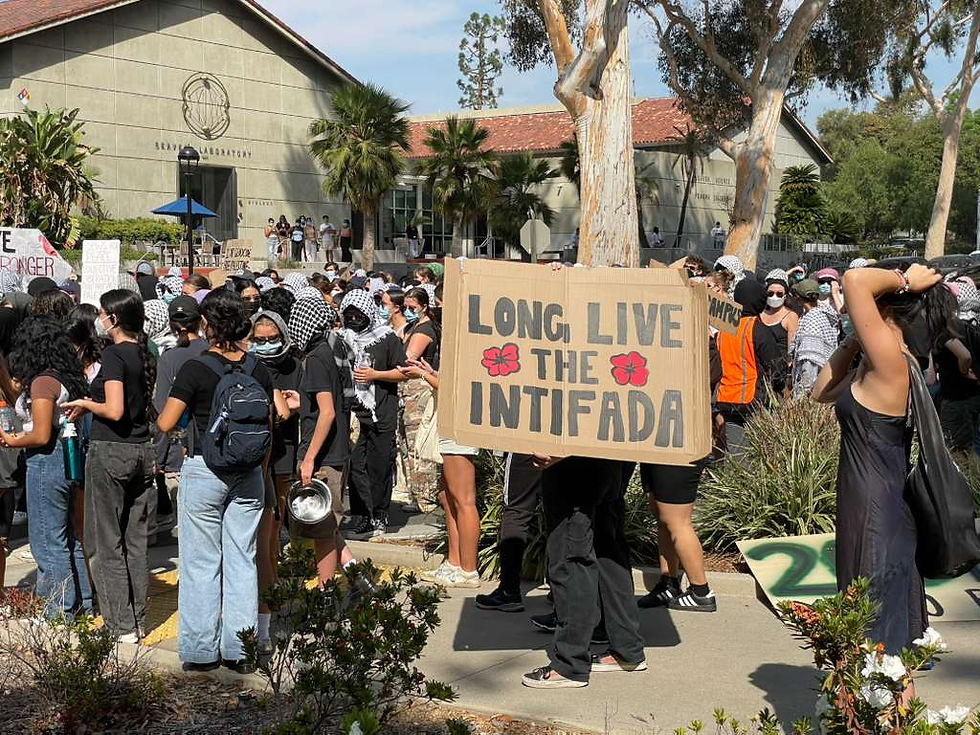Coming This Fall: Changes to RDS
- The Claremont Independent

- Jul 15, 2015
- 2 min read
Much like the distraught Prince Hamlet, nearly every CMC sophomore has hit an existential fork in the road: to RDS, or not to RDS? Okay, so perhaps that is overstating it, but the underlying sentiment is there. At one point or another, the thought of applying to the prestigious Robert Day Scholars (RDS) program has entered the minds of many CMC students, and the program has had an increasingly influential presence on campus. President Hiram Chodosh and Mr. Robert Day (CMC ’65) have recently discussed ways to improve the program, which resulted in the Chodosh administration’s introduction of a new “RDS Amendment” that will be discussed at the first CMC faculty meeting this fall.
On July 13, 2015, in a CMC faculty-wide email, President Chodosh and newly appointed Dean of Faculty Peter Uvin laid out the three goals of the RDS Amendment. First, the amendment will create an Administrative Director position to streamline the internal and external workings of the program. Michelle Chamberlain, the current RDS Director of External Relations, was temporarily appointed to this position for the summer. Second, the amendment refocuses the program’s attention to CMC and other Claremont College students by allowing the program to no longer recruit MA students from outside the Claremont Colleges.
The third change is perhaps the most consequential for students (at least, directly). The amendment permits the program to “admit Robert Day Scholars at any point in their CMC academic cycle” and creates more flexibility in “the design of the monetary level, the timing of the awards, and how they may be tied to the productivity of the scholars.” In an interview with The Claremont Independent, Michelle Chamberlain explained that right now the scholarship is given only in a scholar’s senior year. So even though scholars are selected as sophomores, they are not given their monetary award until two years later. Chamberlain suggested that the amendment could potentially create a distribution structure for how the scholarship is awarded over time. For instance, the award can be distributed in a scholar’s sophomore, junior, and senior years, and some of those distributions could be tied to something concrete, like starting an enterprise or funding a research opportunity. She emphasized, however, that everything is still in flux, and this is only one potential option for how to redesign the awards.
When asked why this third change in particular is being made, Chamberlain responded that the college is interested in making sure that the RDS program gives students the transformative experience that Mr. Day originally sought to provide. After donating $200 million––one of the largest single recorded gifts in liberal arts college history––to establish the RDS program in 2007, Mr. Day, the founder and former chairman of Trust Company of the West, said that he attributes much of his business success to his transformative CMC experience and that the program is his way of giving back.
The faculty committee created to work on the amendment has only met twice, and the RDS staff has only met once, so a lot more work needs to be done before any of these changes are finalized. For now, the administration has encouraged CMC professors to share their thoughts and suggestions for the amendment. Stay tuned for more updates this fall.
.png)



Comments